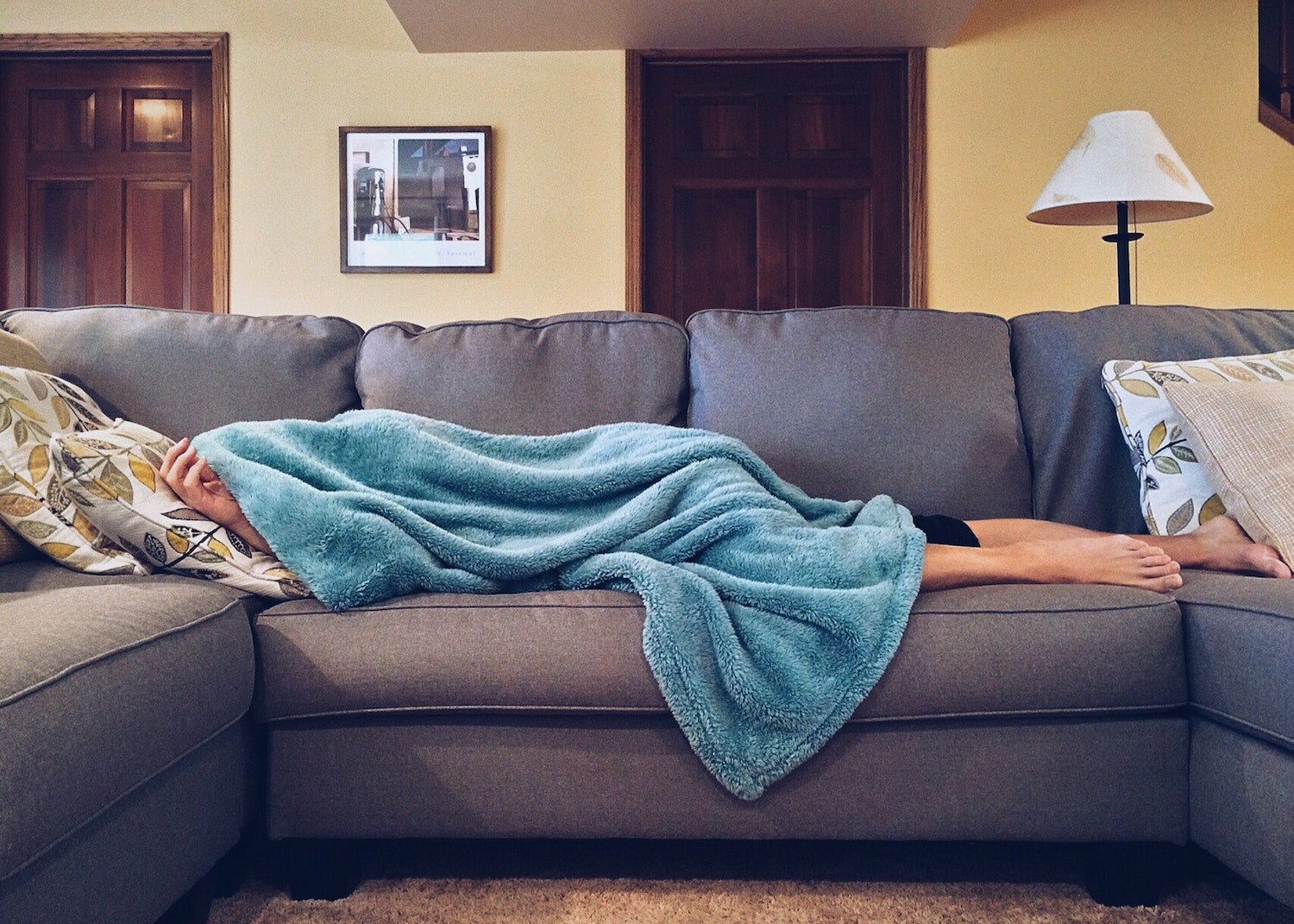Bipolar disorder – formerly known as manic depression – is a type of mood disorder that involves intense periods of both depression and mania. Depressive states are marked by symptoms like persistent sadness or low mood, chronic fatigue and loss of interest in daily activities. Manic phases, on the other hand, usually include long bouts of sleeplessness, racing thoughts and compulsive behavior.
There are two types of this disorder: bipolar I and bipolar II. The difference between the two is that while bipolar I involves full manic episodes, bipolar II may only include less severe, ‘hypomanic’ episodes. Both experience depression.
Energy is the fundamental feature of bipolar disorder. “When I think of bipolar disorder, I think of it as an illness that involves energy,” says Melvin G. McInnis, MD, Director of the Heinz C. Prechter Bipolar Research Program and Professor of Psychiatry at the University of Michigan. “Individuals with bipolar disorder have energy levels that are going up and down all the time, and sometimes it reaches the point of being an episode of mania, or alternatively, an episode of depression.”
Why Routines are Important for Managing Bipolar
One of the main characteristics of bipolar disorder is its tendency to cause impulsivity. This means that during COVID-19, people with bipolar are more likely to behave in ways that could put them at greater risk of contracting or spreading the virus. Severe bipolar episodes can sometimes lead to trips to the emergency room or other places that compromise safety protocol. Bipolar disorder can also cause distraction (including from taking prescribed medication), which is why it’s more important than ever to create and maintain regular routines.
Needless to say, stay-at-home orders have resulted in significant changes to normal daily life. And while these disruptions – along with new potentials for isolation, relationship conflicts and getting stuck inside our heads – are challenging to anyone, they are even more so for those with bipolar. That’s because maintaining a cadence of normalcy is hugely beneficial for living with this disorder.
So how can people manage their bipolar during this pandemic? By placing the focus on creating strong, healthy routines – namely in three main areas:
Sleep and Bipolar Disorder: Reestablishing Rhythms
Sleep is fundamental, and sleeplessness is often one of the first signs of a manic episode onset. And while bipolar disorder causes irregular sleep patterns, these can also worsen its symptoms. All of this is made even more challenging by the disturbances COVID-19 causes in our lives, which interfere with the cues our bodies and brains are used to receiving for sleep.
Schedule changes like working, attending classes and socializing at different times (or perhaps not at all) throw off our body clocks and get in the way of reestablishing circadian rhythms. And that has a serious impact on mood. These challenges can be addressed by:
- Waking up around the same time every day.
- Avoiding napping during the day, especially in the evening.
- Staying away from bright lights, especially blue light, in the evening – use a red light filter for your devices.
- Avoiding screen time for one hour before bed – try journaling or winding down with a good book instead.
- Aiming to get 30 minutes of cardio per day. This has the double benefit of boosting endorphins (feel-good chemicals in your brain) and helping you sleep more restfully at night.
Try to go to sleep and wake up at the same times every day. Plan waking and sleeping times as close to your natural rhythms as possible to make this easier and optimize your energy throughout the day.
Daily Schedules: The Key to Staying Balanced
People with bipolar disorder have especially sensitive internal clocks that can more easily lose track of time due to environmental factors. This sets the stage for a manic or depressive episode, which is why it’s important to be vigilant about routines – particularly during periods of additional stress like COVID-19. Establishing a normal schedule is a powerful way to stabilize your body clock.
Strategies for increasing regularity in your life might include:
- Starting your day around the same time every day. This can seem daunting during this time of uncertainty when we’re sometimes not sure what to do with our days, but starting with a simple task like brushing your teeth can help you set things in motion more easily.
- Trying to spend time outside each day. If this isn’t possible, position yourself so that you’re facing a window during a decent portion of your daylight hours.
- Eating dinner at the same time every evening.
- Staying in regular contact with your therapist – keep them updated on your daily routines, and ask for advice on what to do if you’re not getting enough sleep.
- Scheduling a manageable amount of activities every day, like calling friends, working out or cooking a healthy meal.
When talking to your loved ones, try to use more immediate, face-to-face communication methods like video conferencing when possible. These offer even more social benefits, but calls and real-time texts are also rewarding.
How Substance Abuse Affects Bipolar Disorder
Substance use has increased dramatically during COVID-19 as people find themselves pushed further into isolation. People struggling with bipolar disorder are at increased risk for substance abuse, as manic episodes often drive people to reach for drugs or alcohol to calm themselves down. But it’s important to note that any mind-altering substance only serves to further destabilize mood and compound the effects of this complex mental health disorder.
COVID-19 is also expressed in heart symptoms, and many substances can lead to heart problems – all the more reason to avoid taking that route in this current environment. This includes narcotic medications taken in ways other than those prescribed by your doctor.
Bipolar Can be Managed, Even in a Pandemic
Despite the challenges COVID-19 poses to us all, it’s important to keep in mind that life in the new normal can be entirely manageable – even for those with bipolar disorder.
Bipolar sufferer Christina Stiehl says the pandemic came as a shock at first. “Before the pandemic hit, (maintaining my routine) meant getting up early, going to the gym or a fitness class, making a protein shake, getting ready, and taking the subway into the office,” she recalls. “As my schedule and daily life changed completely, it really took a toll on my mental health.”
But while she was initially anxiety-ridden and even found it difficult to even eat regularly, after the first few weeks passed, she started to find her footing and adapt to her new daily life. She credits live Zoom fitness classes, meal prep and regular walks outside with helping her take charge of her wellbeing again.
If you’re struggling with bipolar disorder and are finding it challenging to adapt to recent changes, you can find your stride again, too. Ayadi can help. We offer confidential, one-on-one counseling with professional therapists via our convenient app – download it here to connect with a bipolar-specialized therapist today.

